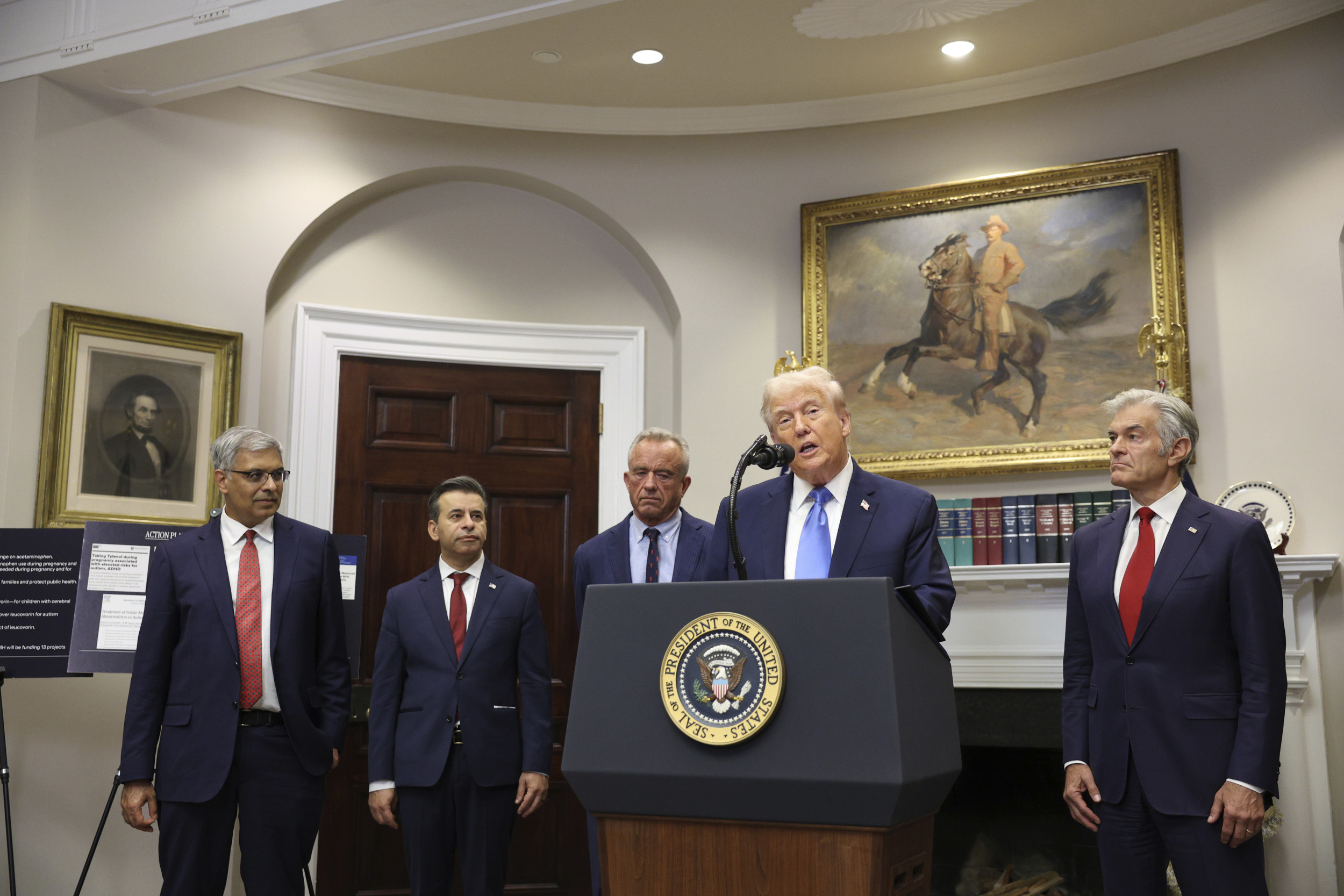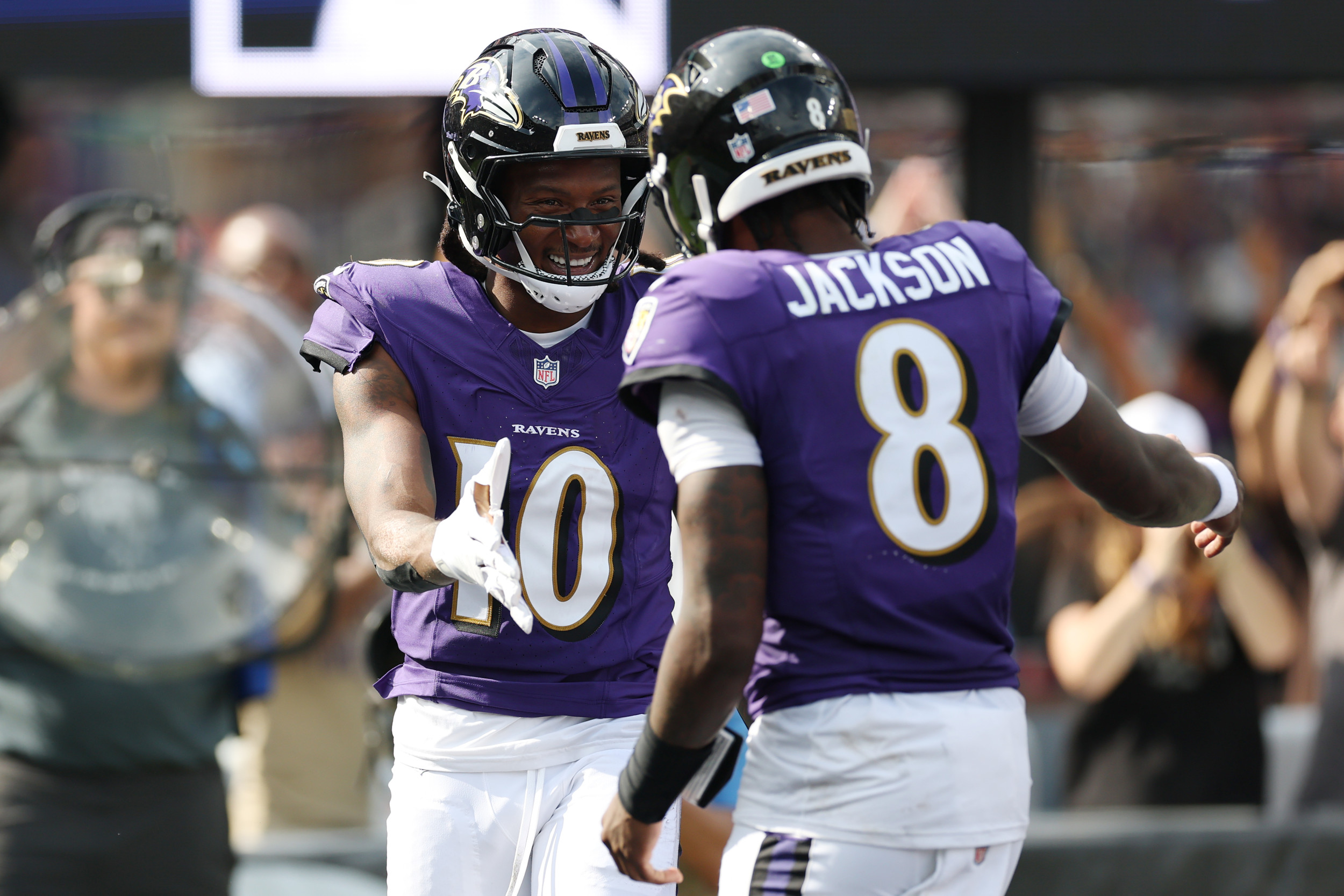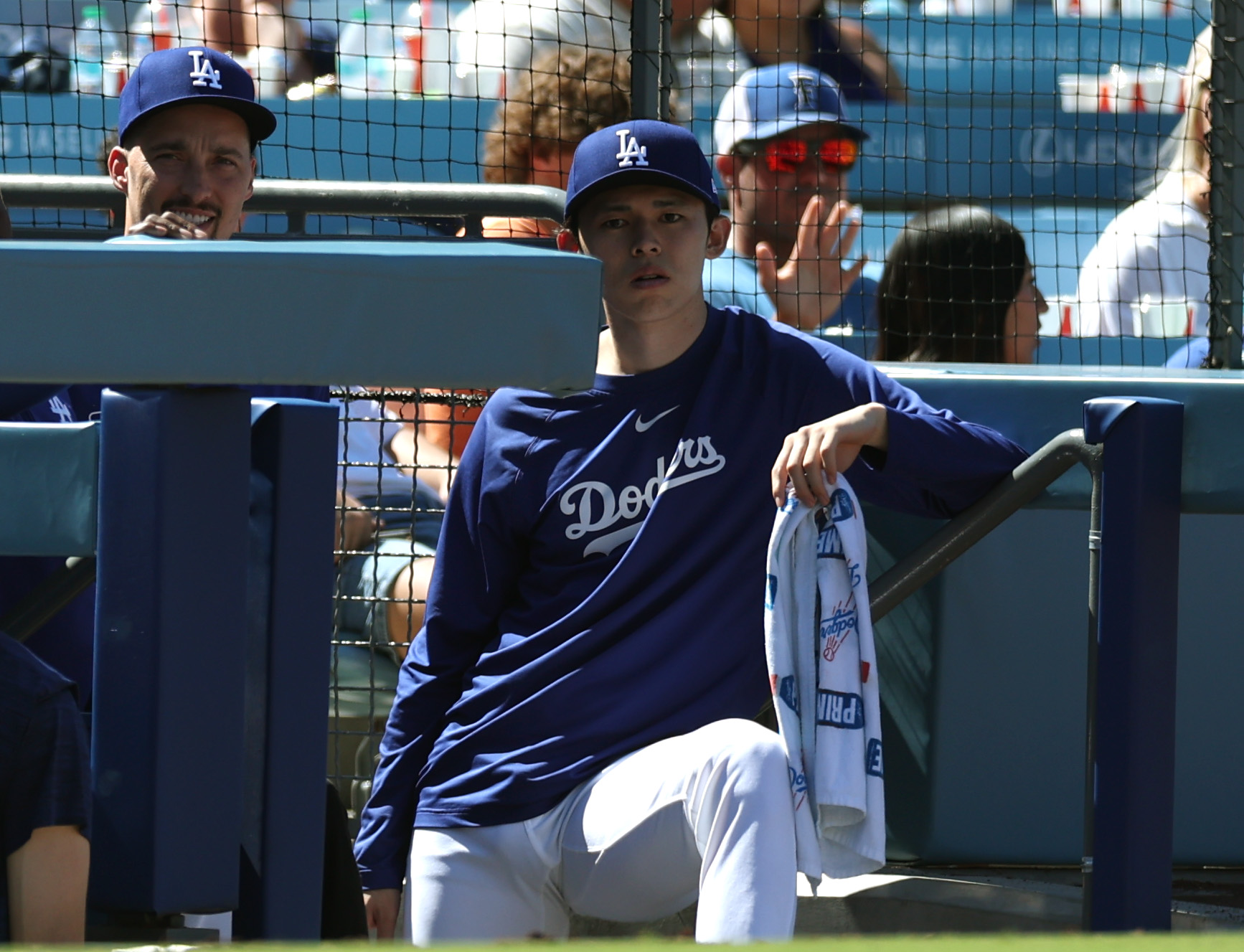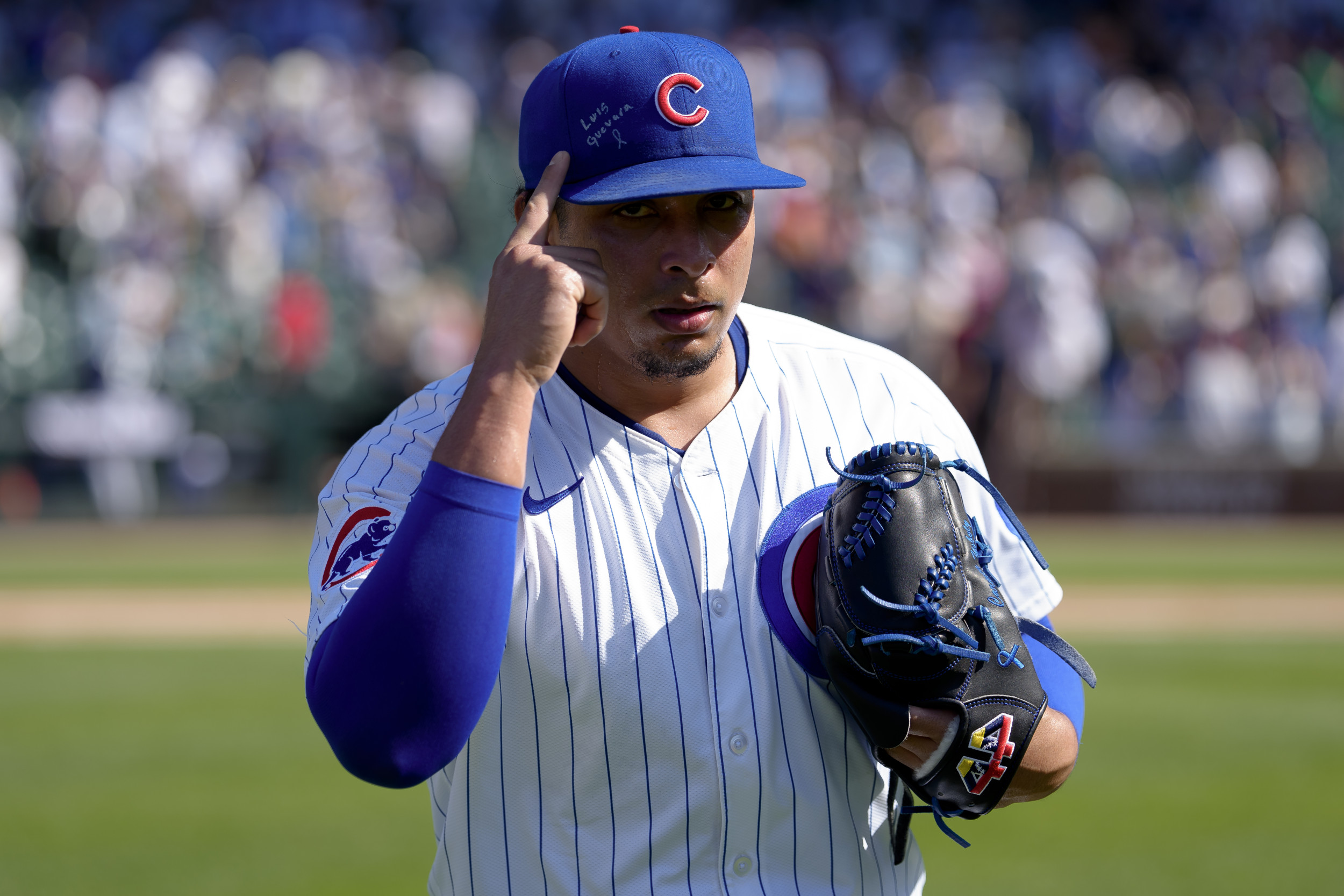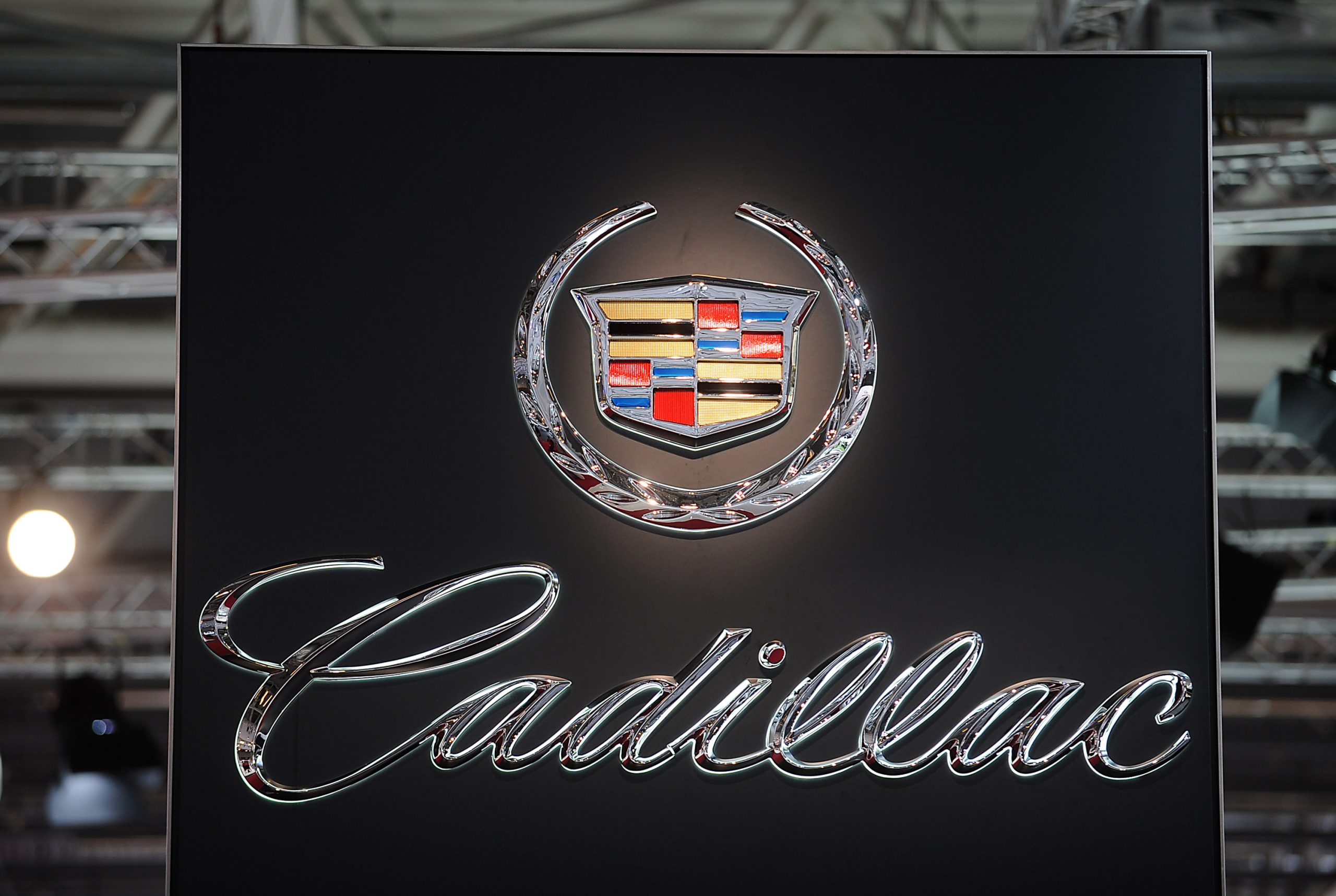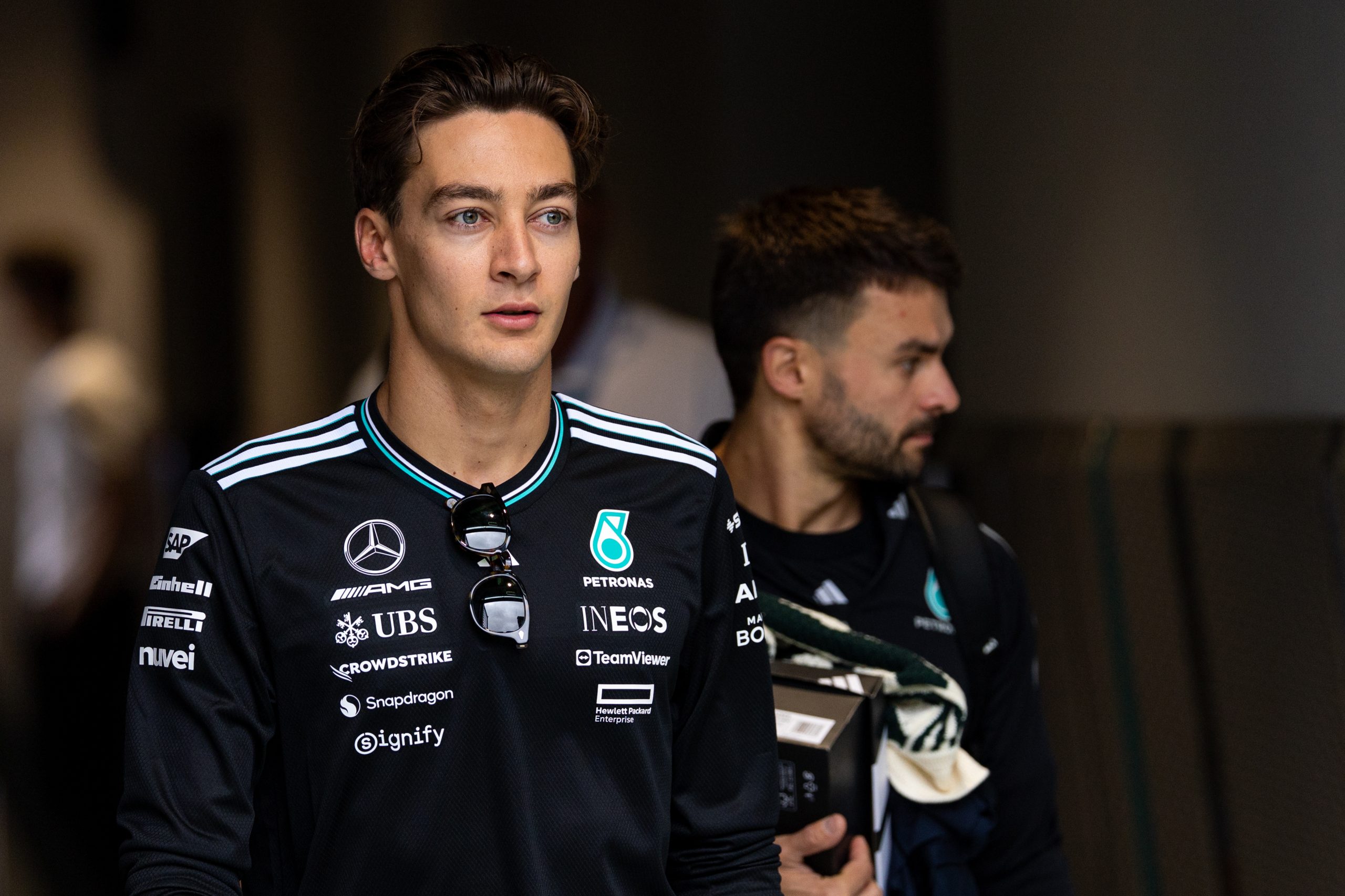
Mercedes Formula One driver George Russell has revealed key advice to avoid “psychological” struggles in a fast-paced F1 life, where it would be very easy to get frustrated if race weekend goals aren’t met.
In recent Grands Prix, Russell highlighted the stress he experienced amid reports of his team’s talks with Max Verstappen about a future signing. While the four-time world champion clarified that he would race for Red Bull next year, Russell’s contract, which expires at the end of 2025, has yet to be extended.
In terms of on-track performance, Russell secured his first win of the season at the Canadian Grand Prix and has secured six podium finishes thus far. He is placed fourth in the Drivers’ Standings with 172 points, 15 fewer than Verstappen’s tally of 187 in third place.
Russell has endured challenging race weekends, such as in Monaco and Silverstone, where he finished 11th and 10th, respectively. But Mercedes team principal Toto Wolff is aware of Russell’s racing prowess and acknowledged that he has been delivering top performances.
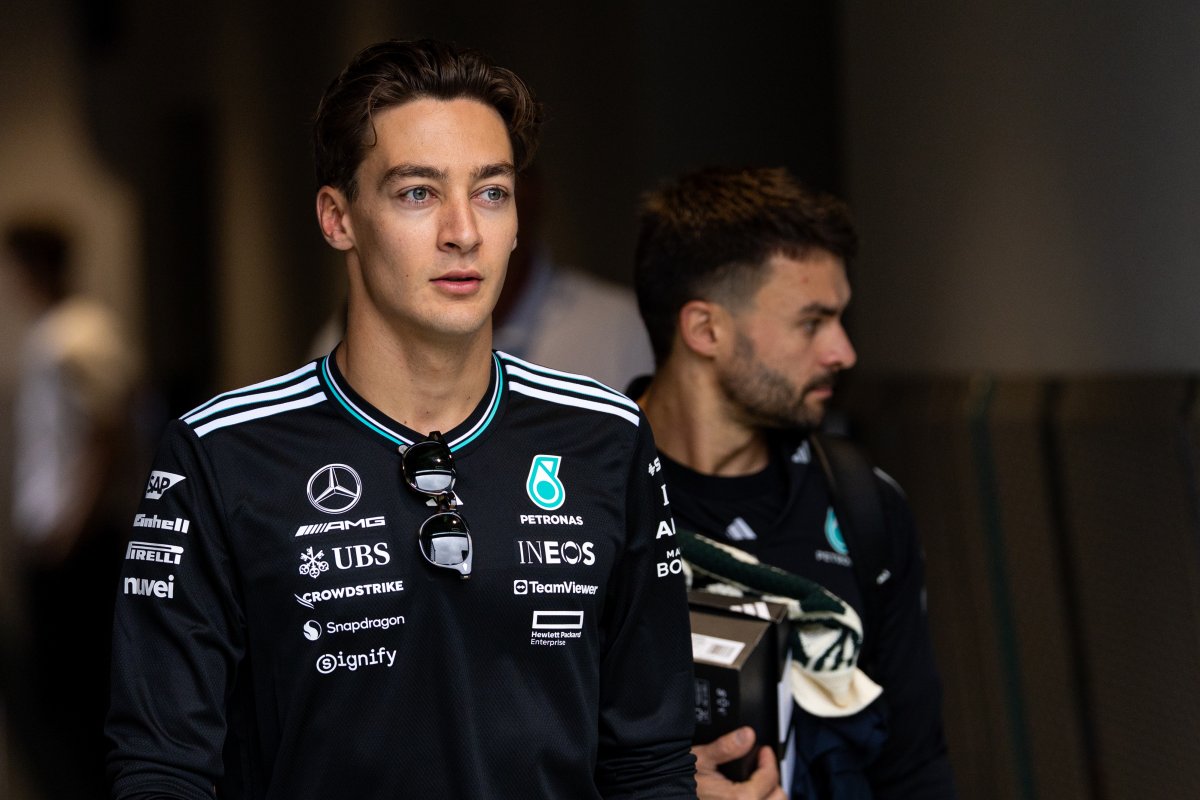
Kym Illman/Getty Images
Russell believes setting smaller, realistic goals is key to avoiding going into a “negative spiral of psychological struggle,” often arising from high expectations, which can be detrimental to an F1 athlete. Speaking on the Untapped podcast, he explained:
“I think you learn that you have to take those small victories. You got to adjust your goals to what is a realistic goal for this given weekend, or what is the realistic goal for this given season.
“To win the championship this year is not a realistic goal. Of course, we’re working towards that, but if we don’t achieve that goal, we shouldn’t be kicking ourselves, because we’re just not in that position right now.
“And that’s when we go into every single race weekend thinking, right, we think we’ve got an opportunity to fight for the podium here. If I finish in fourth place, I won’t be happy. If I finish in second, I will be.
“Or on the flip side, if we believe we can win this weekend, but we only come home in third, that might be a better result than all the other races, but you’ve underachieved compared to the potential.”
Russell added that one needs to train the mind to accept small victories that eventually lead to a big goal. He said:
“You have to teach yourself to take those small victories, otherwise you’re going to get in a sort of a negative spiral of psychological struggle, and that’s only going to impact your performance later down the line.
“So, you’re not doing this just so you’re staying happy. You’re doing this to continue performing at your 100%.”
